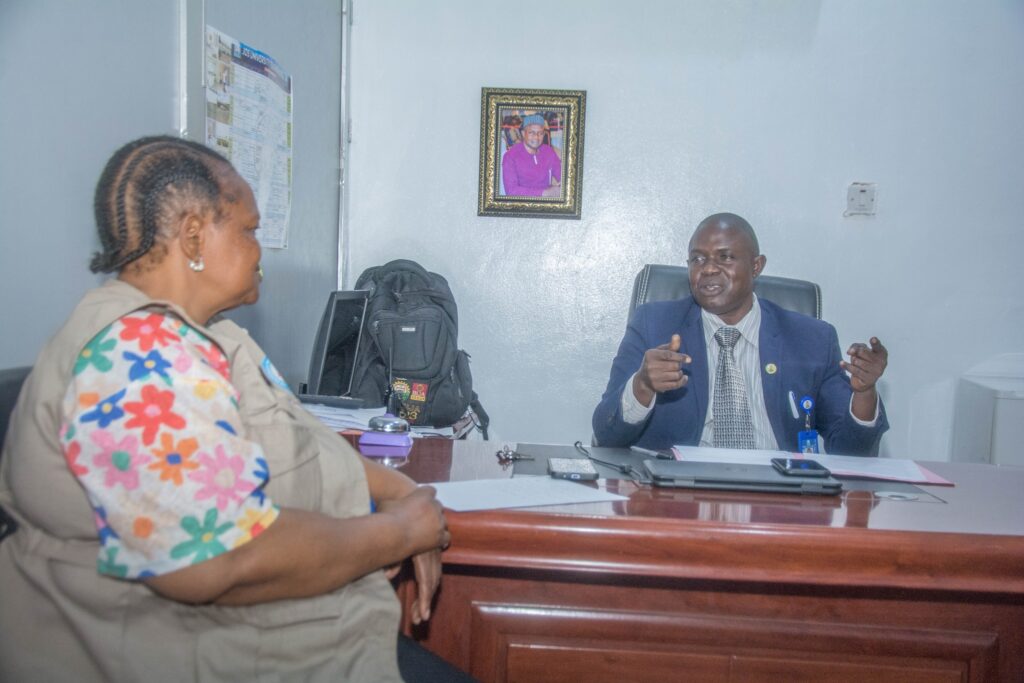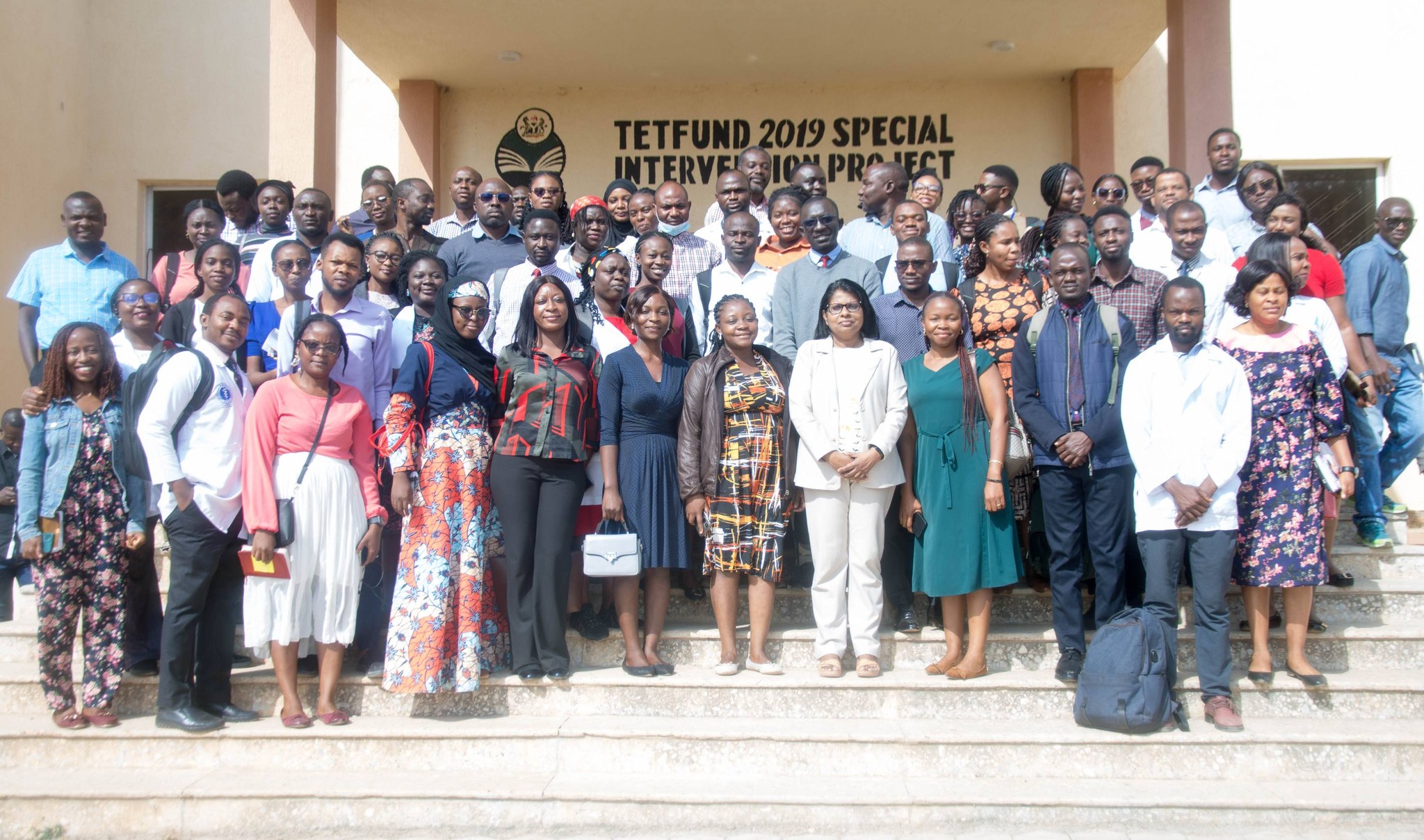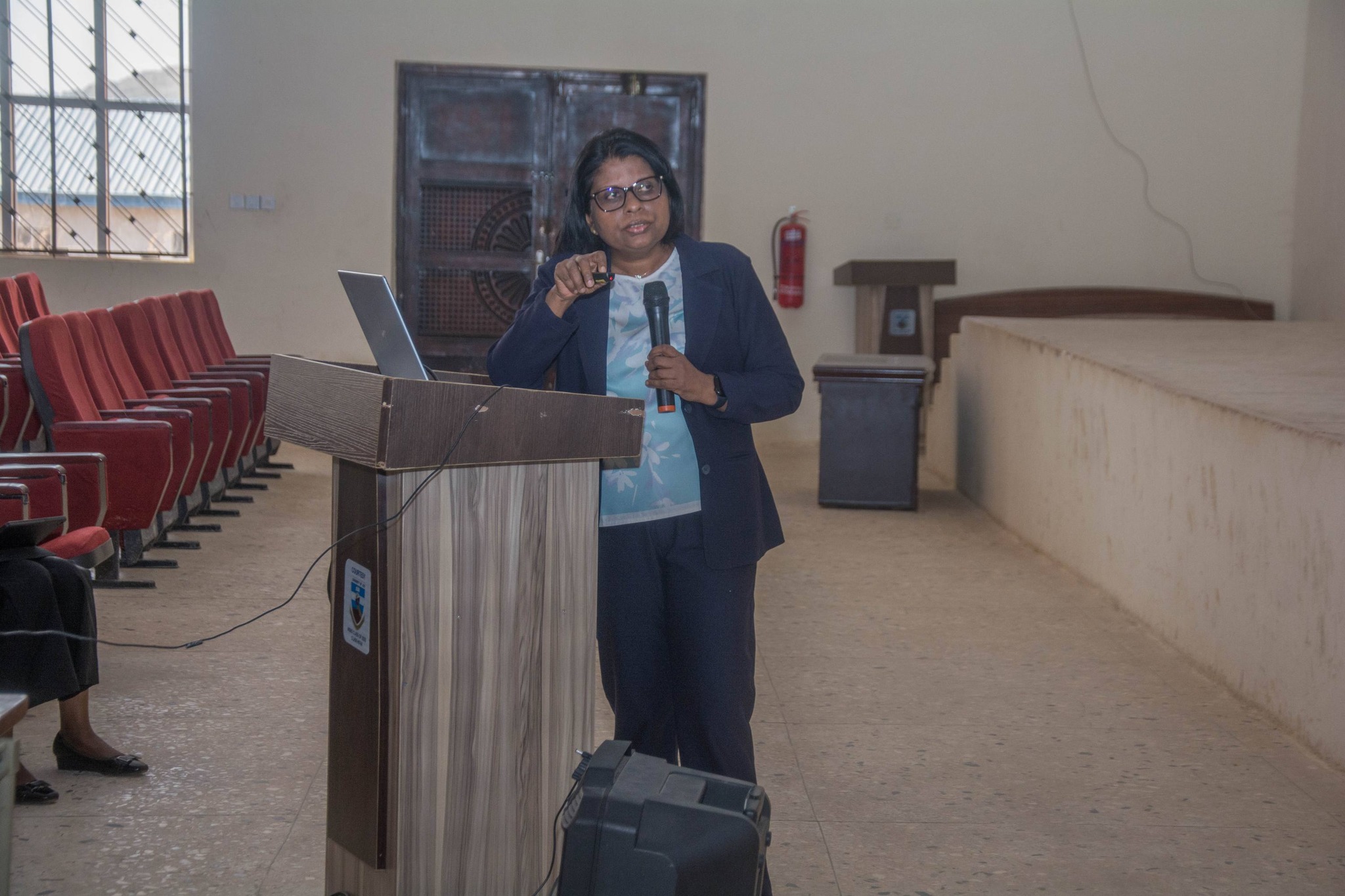
At Jos University Teaching Hospital, the Works Department is the silent backbone preventing breakdowns before they happen, responding swiftly to emergencies, and making sure critical services like power, oxygen supply, and equipment remain uninterrupted.
We sat down with the Head of the Works Department to learn how his department ensures the hospital’s operations never miss a beat.
Q: Preventive maintenance seems crucial in a hospital environment. How do you approach it?
A: Our focus is on preventive maintenance—servicing equipment before it breaks down. We operate with a comprehensive maintenance schedule and assign area officers to monitor specific zones. Regular inspections are conducted, and we keep close communication with clinical staff, who alert us immediately if they notice any issues. The introduction of walkie-talkies by our Chief Medical Director, Dr. Pokop W. Bupwatda, has made our emergency response even faster.
Q: Can you share an example of resolving a major technical fault?
A: Recently, we repaired a 1.5 kVA generator that had a major fault. Our approach is to first assess the root cause, then collaborate with management and relevant departments—especially if the breakdown could impact clinical services. We keep everyone informed through our clinical communication platform and act immediately to restore function.
Q: How do you ensure repairs don’t disrupt clinical services?
A: Redundancy is key. For example, we have two generators, so if one fails, the other takes over. For our oxygen supply, we produce our own, but if the plant has an issue, we switch to liquid oxygen or pre-filled mobile cylinders. Every critical system has a backup so patient care is never compromised.
Q: The ICU and operating rooms are sensitive areas. How do you handle equipment failures there?
A: In those areas, safety is paramount. We have alternative equipment ready to take over instantly. Maintenance is scheduled for times of low demand, often weekends, to minimize disruption. We assess the urgency and impact before touching any equipment in such critical spaces.
Q: With multiple emergencies, how do you decide what to tackle first?
A: We prioritize based on urgency and potential impact on patient care. Some tasks can wait until weekends, while others require immediate attention. I’m often on-site over weekends myself to supervise work and ensure everything runs smoothly.
From backup generators to alternative oxygen sources, the Works Department operates with foresight and precision, ensuring the hospital’s vital systems remain reliable. Their work may happen behind the scenes, but its impact is felt in every ward, theatre, and patient room.






